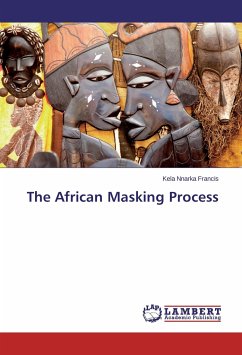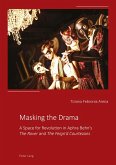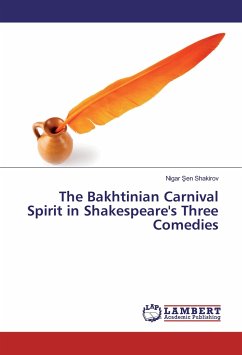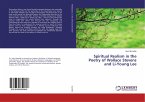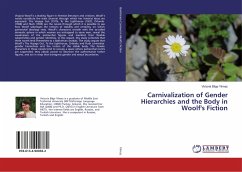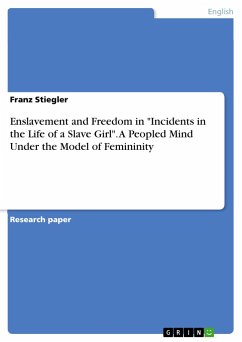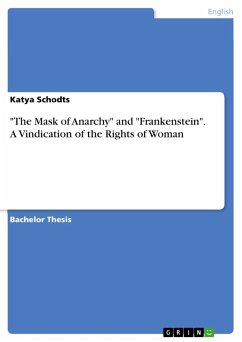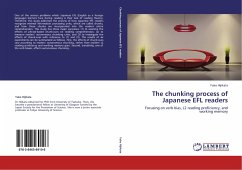The African Masking Process offers one possible corrective to the gaps in our understanding of masks and mas' by employing an African (Yoruba, Igbo, and Bantu) derived framework for explicating the trope of the mask. The four-part process outlined in this book allows us to examine the psycho-spiritual functions of the mask and in some cases how this psycho-spiritual ritual possession induced by the mask directly influences the sociopolitical function of the mask. The wider implication of this project is the efficacy of the African world view beyond masks and masquerade in literary studies, demonstrating that the African world view is inclusive, allowing for multiple perspectives to coexist within a single frame, it may be possible to approach texts in a more holistic way. At the very least, The African Masking Process will arm the literary investigator with new lenses and approaches to the trope of masking-not just as it functions in African and African Diasporic texts, but also as it functions in texts that do not (on the surface) seem to be influenced by African or African Diasporic culture. In other words, this book expands the meaning of masking in the literary lexicon.

